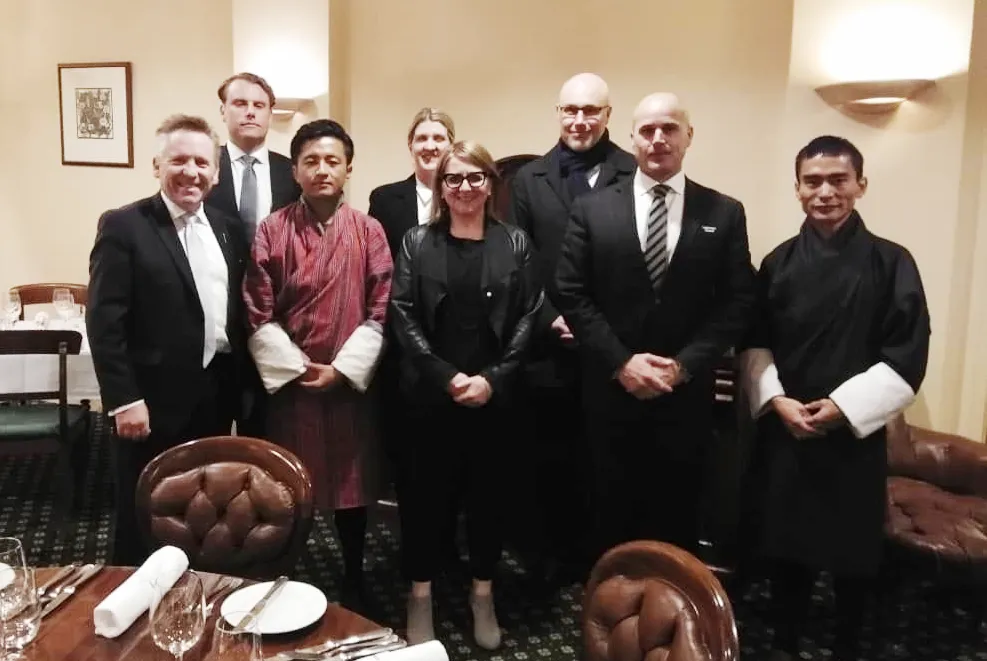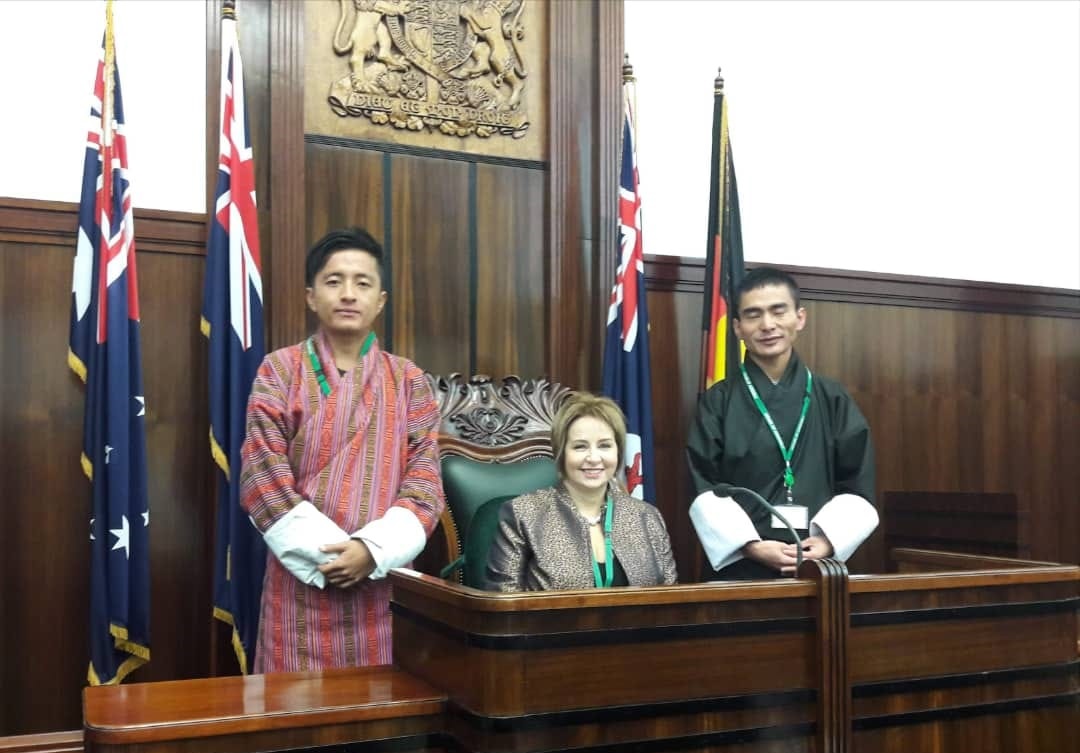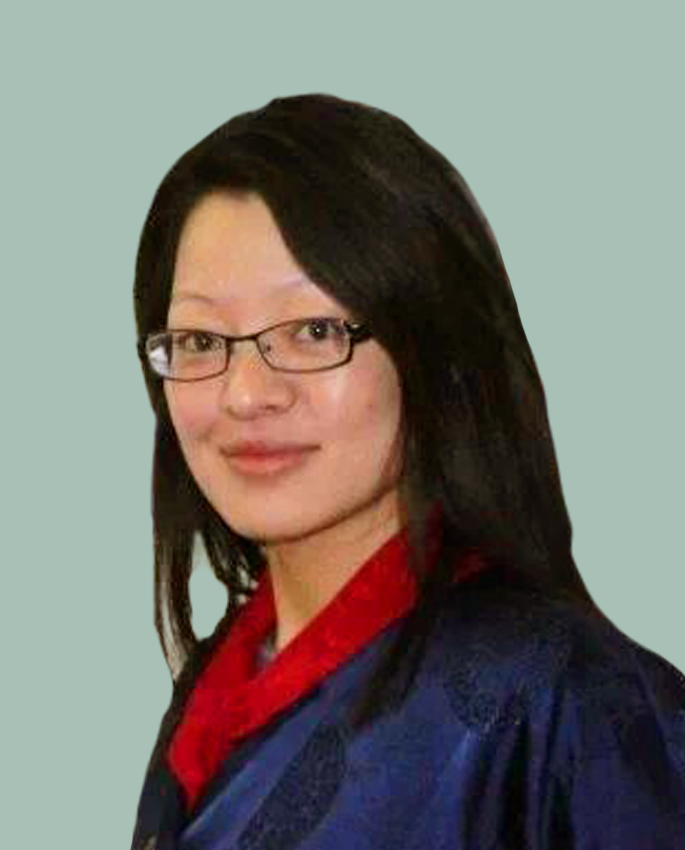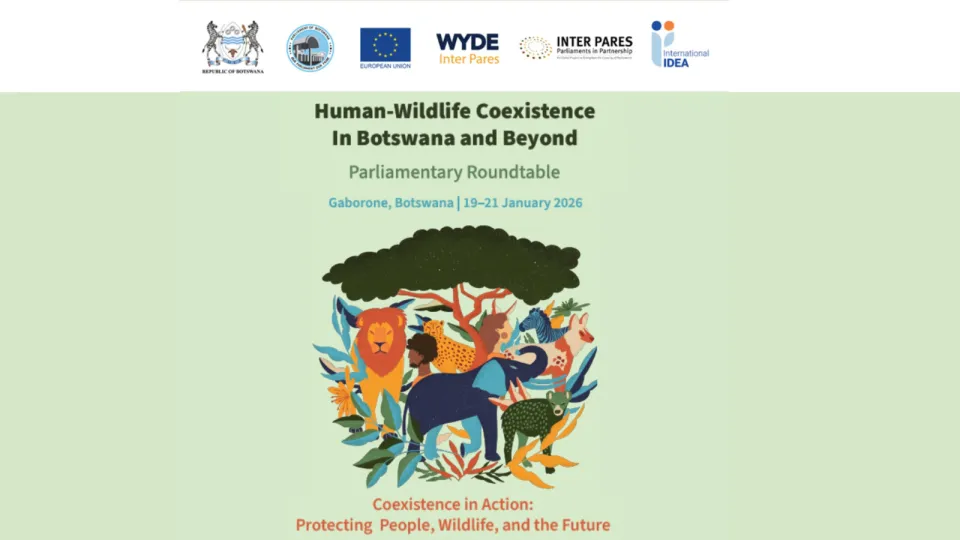Fellowship by Bhutan Parliament secretariat to Tasmania

Two secretarial officers from the Bhutanese Parliament underwent a vigorous two-week Fellowship Programme from 20-31 August 2018 at the state parliament of Tasmania, Australia. The Fellowship Programme was part of regular fellowship programme facilitated by International IDEA since 2014 as part of strengthening institutional capacity of the Parliament of Bhutan.
The Tasmanian Parliament was on the priority list of the Parliament of Bhutan since theTasmanian Parliament system is similar to Bhutan as bicameral legislature and follows the Westminster parliamentary system. It is also a very old institution that has been in existence since 1854. Thus, given similar parliamentary structure and the opportunity to learn from an advanced parliamentary system, Tasmania was prioritized as a host of choice for the Bhutanese fellows.
The aim of overseas placements in particular through the Fellowship Programme was to provide new knowledge from experienced parliament in selected areas such as Hansard, Research Services, Procedural Services, Tabling and other services. The two weeks exposed the fellows to gain an insight into the Parliament of Tasmania’s internal functioning, system and procedures. Once back in the country, the fellows were able to produce an in-depth report with recommendations and disseminate the recommendations to their respective secretariat, honourable members, staff and relevant stakeholders with the objective of improving the workings of a young democratic parliament like Bhutan.
The fellows underwent this 12-day programme for optimal learning which were well-planned and coordinated.
The programme was developed through needs analysis of the parliamentary services in Bhutan and was tailored to suit the Bhutanese fellows’ needs and expertise by the Tasmanian parliament. The fellows had the opportunity to observe the parliamentary sittings of the two Houses of Tasmania, and meet with senior parliamentary officers and staff in their offices.
The fellows also had brief sessions with office-bearers of some independent offices of Tasmania. The fellows gained extensive knowledge of the Tasmanian parliament. Apart from the intense programme, the fellows also toured some historical sites to understand the people and the culture of Tasmania. Rich interactions were involved from both the ends in every session, wherein the fellows could also share the functioning and working practices of the parliamentary administration of Bhutan. During informal meetings, the fellows had opportunities to exchange views on the monarchy, governance, culture, people and the history of Bhutan.

Recounting the experience Tashi Dargay, one of the Fellows who participated said that “the development of knowledge, skills and attitude have significant effect towards enhancing our performance within the parliament. We wish to practice the new skills we have acquired from the fellowship and remove the existing obsolete tools of work. We also expect our Parliament to take a continual process of our learning through continuous follow-ups and provide us with similar refresher programmes in the future for continual skill upgradation and development".
The enhanced skills are already improving the performance of their jobs and they hope it would contribute to the development of the two parliamentary houses of Bhutan, thereby achieving respective organizational goals. The 12 sets of specific recommendations are suggestions for improvements presented to the Hon Secretary General of the two houses, which will benefit the administrations based on the knowledge directly gained from the Fellowship Programme. The Parliament would consider the recommendations made to implement them in enhancing the capacity of the parliamentary secretariats to provide efficient and effective professional services for the Members of Parliament and their committees.
LikewiseTodd Buttsworth, the Fellowship Coordinator from the Parliament of Tasmania stated that “the Parliament gained insight into the Parliament of Bhutan and its creation of legislature which has had the benefit of analysing what has worked in our jurisdiction over past centuries. The Parliament also gained significantly from the enthusiasm to learn exhibited by both fellows while the programme provided opportunity to study practices and procedures of a relatively old Parliament to compare with a new legislature”.
The Parliament of Bhutan expressed that “the Fellowship Programme initiated between the Parliament of Tasmania and the Parliament of Bhutan will go a long way not only in deepening our existing close ties between Australia and Bhutan, but also in strengthening the institutional capacity of the two Secretariats of the Parliament of Bhutan, thus helping the institutionalisation of democracy in the country”.




